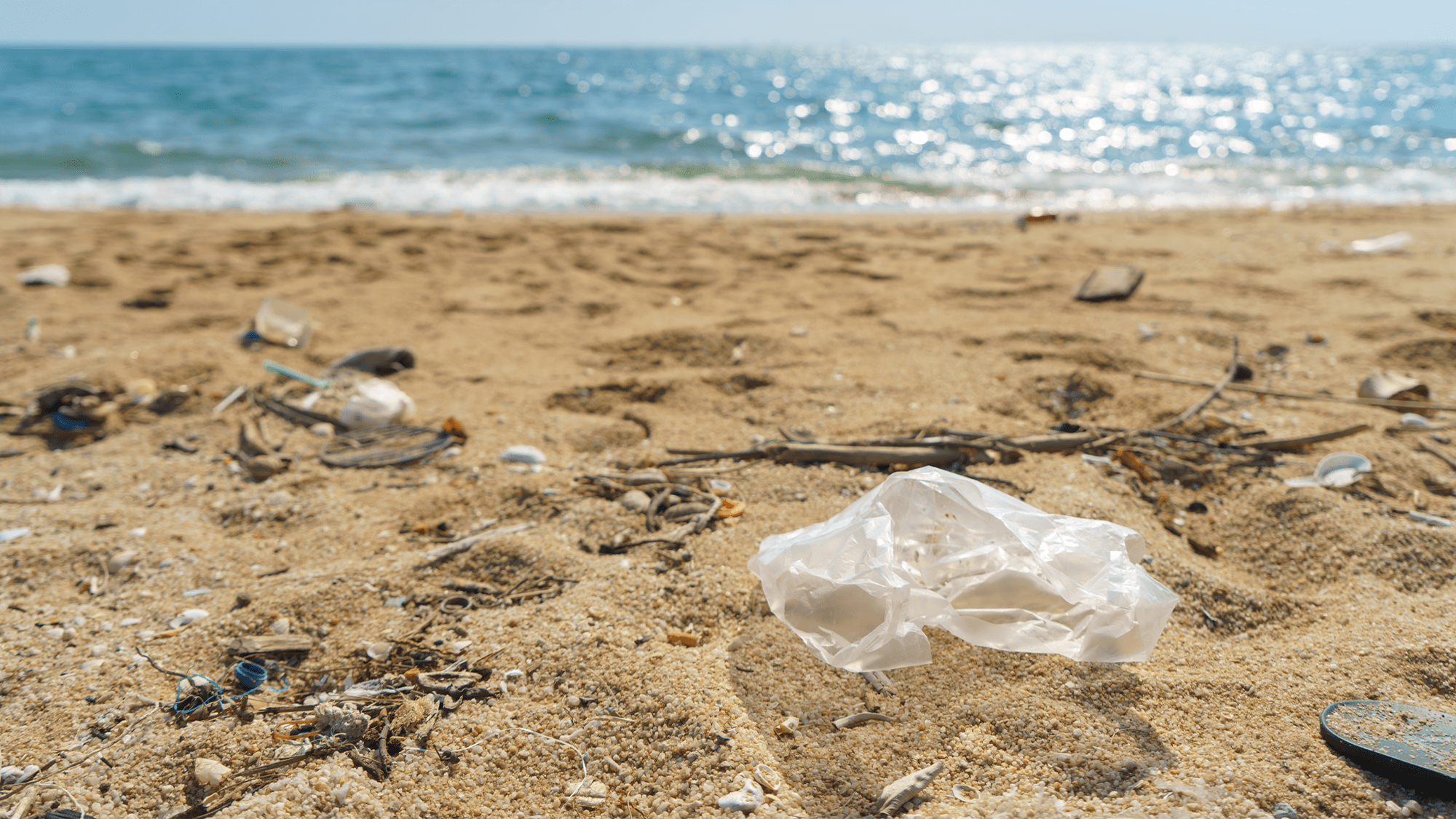Now Reading: Study Confirms Effectiveness of Plastic Bag Bans
-
01
Study Confirms Effectiveness of Plastic Bag Bans
Study Confirms Effectiveness of Plastic Bag Bans

Fast Summary
- Plastic Pollution Overview: Plastic pollution is growing, with significant environmental threats ranging from wildlife entanglement to microplastic contamination in human bodies.
- Study Finding: A study published in Science on June 19 revealed that local and state bans on single-use plastic bags effectively reduce plastic trash along beaches, lakes, and rivers.Reduction in bag litter ranged between 25-47% in areas with policies compared to areas without.
- Control Analyses: Researchers confirmed findings thru spillover effect analyses (neighboring areas unaffected by bans),steady results after years of implementation,and checks on other forms of waste for consistency.
- Policy Types Compared: Complete bans or bag fees were found more effective than partial bans; state-level policies showed a stronger impact than municipal ones. Areas with higher initial levels of litter benefited most from the restrictions.
- Wildlife Impact Suggestion: There may be decreased wildlife entanglement where bag restrictions exist, though insufficient data precludes definitive conclusions.
- Global Context: Despite localized success, overall plastic pollution-including single-use bags-is increasing worldwide due to ongoing convenience and availability. Broader international solutions are required.
Indian Opinion Analysis
india’s ban on single-use plastics implemented recently reflects global efforts to combat plastic pollution. Findings from this study bolster India’s policy direction by proving that such measures can considerably mitigate shoreline litter when appropriately enforced at scale. The research highlights the importance of complete bans or taxes over partial restrictions-a principle India could consider expanding upon across various consumer settings.
While governmental initiatives like India’s extended producer obligation provision hold promise for tackling upstream issues similar to proposals under global treaties discussed here, the larger challenge lies in overcoming socioeconomic dependence on cheap and non-durable plastics.This study provides actionable evidence supporting stricter enforcement mechanisms-critical for India as it battles widespread environmental degradation caused by rampant consumer usage.
Lastly, India’s inclusion within broader discussions about global agreements aimed at stemming production will position it not just as a policymaker but a leader among countries combating systemic causes behind pervasive challenges tied directly environment degradation Understand nuances locally requiring feedback systems adaptable coherent scales
























